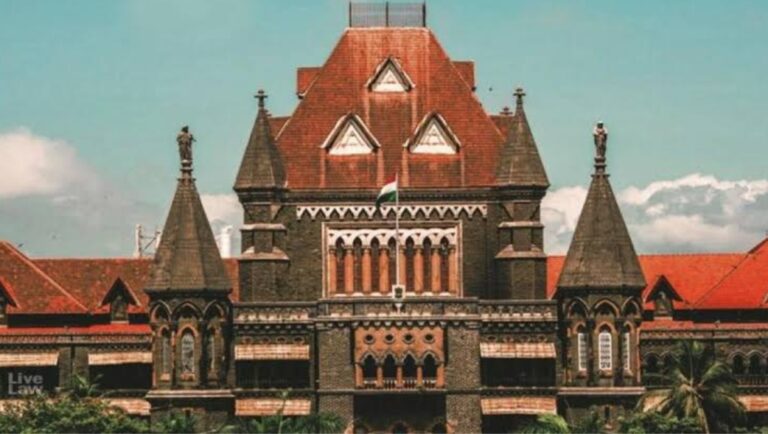In a significant relief to Bollywood actor Arjun Rampal, the Bombay High Court has quashed a non-bailable warrant (NBW) issued against him by the Ballard Pier Magistrate Court in connection with a 2019 income tax evasion case.
The vacation bench of Justice Advait Sethna passed the order on May 17, 2025, observing that the NBW was issued mechanically and without proper legal reasoning in a matter involving a bailable offence. Rampal is facing prosecution under Section 276C(2) of the Income Tax Act, which pertains to willful tax evasion and is punishable with a maximum imprisonment of three years—making it a bailable offence under Indian law.
Court Criticizes Magistrate’s “Cryptic” Order
Justice Sethna termed the Magistrate’s April 9 order “cryptic” and said it lacked application of mind. The court found that no specific reasons were recorded for issuing a non-bailable warrant in a case that legally required a bailable approach.
“The Magistrate has mechanically passed the order issuing the non-bailable warrant against the petitioner. On perusal, it is evident that no reasons are recorded. This would unfairly prejudice the petitioner,” the judge stated.
IT Department Seeks Time on Additional Plea
Arjun Rampal had also sought to quash the entire prosecution initiated on December 5, 2019. However, the Income Tax Department requested additional time to receive proper instructions to respond to that plea. As a result, the court limited its ruling to setting aside the non-bailable warrant, leaving the remaining proceedings intact. The matter is now scheduled for further hearing on June 16, 2025, before the regular bench.
Background of the Tax Evasion Allegations
The Income Tax Department has accused Arjun Rampal of willfully evading taxes amounting to Rs 42.41 lakh for the assessment year 2016–17. Rampal, however, contended that Zee Entertainment Enterprises Ltd., which had contracted him for services, paid Rs 32.40 lakh on his behalf on May 13, 2018, following a notice from the department.
Despite this, the IT authorities froze Rampal’s HDFC Bank account on February 12, 2019, and warned the bank manager against processing any transactions. A few days later, on February 18, Rampal received a show-cause notice asking why prosecution should not be initiated under the Act.
In his defense, Rampal admitted that the taxes were not paid at the time of filing the return due to financial constraints, but emphasized that there was no intent to evade taxes, which is a crucial element for establishing criminal liability under the Income Tax Act.
Legal Representation
- For Arjun Rampal: Advocates Swapnil Ambure and A. Nair, instructed by Naik Naik & Co.
- For the Income Tax Department: Advocates Sandeep Gupta and Narayanan
- For the State: Additional Public Prosecutor PP Bhosale
Case Details
- Case Title: Arjun Amarjeet Rampal vs Income Tax Department
- Writ Petition No.: 2579 of 2025
- Citation: 2025 LiveLaw (Bom)
Conclusion
The Bombay High Court’s decision to set aside the non-bailable warrant marks a notable development in the legal battle involving a high-profile celebrity and the Income Tax Department. While the main case continues, the court’s ruling underscores the importance of judicial reasoning even in procedural matters like issuing warrants—especially when dealing with bailable offences.
